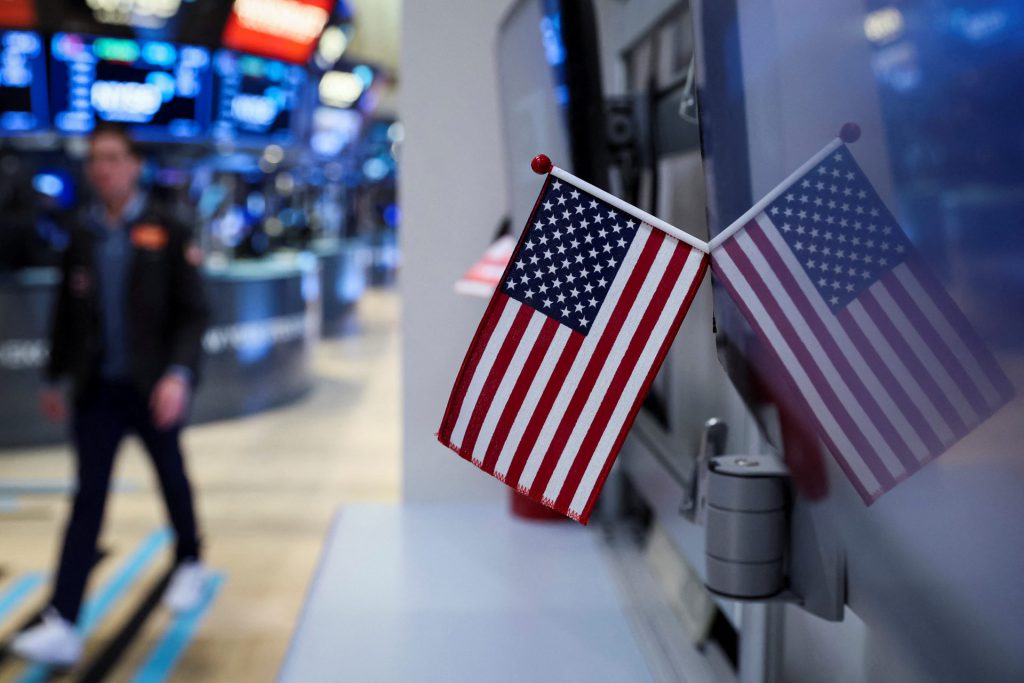Robinhood’s Blockchain Bet: Europe Gets a Backdoor to US Markets
Robinhood—the zero-commission darling turned crypto crusader—is quietly building a blockchain bridge to let Europeans trade US stocks and ETFs. Because why bother with pesky regulations when you can just decentralize your way around them?
The move could open floodgates for 24/7 trading of American assets, bypassing traditional market hours and settlement delays. Just don’t ask how they’ll handle the SEC’s inevitable tantrum.
Wall Street’s old guard won’t like this one bit. But since when has Robinhood cared about ruffling feathers?
 Source: Reuters / Brendan McDermid
Source: Reuters / Brendan McDermid
Robinhood Developing New Blockchain Platform to Allow Europe to Trade US Stocks
It is nearly impossible to argue that 2025 has been a monumental year for the digital asset sector. Although it may not be reflected in prices, the regulatory headway and mainstream push have been unrivaled. Moreover, that is set to continue with one of the most prominent financial tech companies in the world.
With tokenization and the applicability of crypto technology in the finance market, one firm is looking to make it a reality. Specifically, Robinhood is reportedly developing a blockchain platform that would allow Europe to trade US assets. Indeed, the venture would allow various US securities to be traded overseas using the technology.

The move represents an increased push to better incorporate tokenization in finance. In January, Robinhood CEO Vladimir Tenev noted that tokenization could be the key to sustained US dominance. He noted that “the world is tokenizing” and introducing “a new era of ultra-inclusive and customizable investing fit for this century.”
A Global Financial Markets Association report also found that this technology could eventually unlock nearly $20 billion annually. Specifically, those funds would just be in global clearing and settlement costs.
Conversely, Robinhood is not alone in seeing the potential of this endeavor. Indeed, Coinbase has previously discussed its interest in offering tokenized security trading. There is no denying that tokenization could soon be a major part of the finance sector. Moreover, it could completely reshape how it operates.

